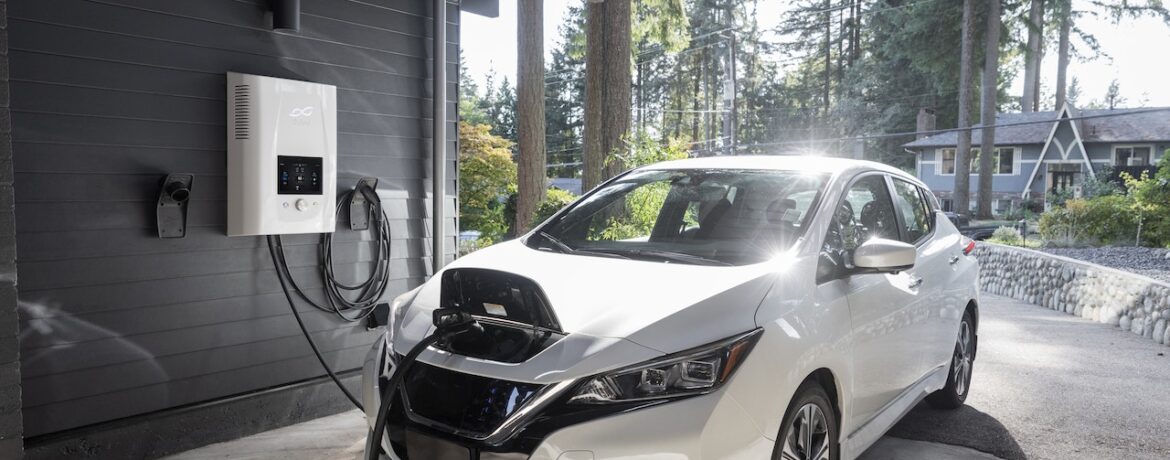Introduction
The automotive industry is one of the biggest contributors to global carbon emissions. As the world faces the consequences of climate change, the need for a sustainable transportation system has never been more critical. Electric cars have emerged as one of the most promising solutions to reduce carbon emissions and mitigate the impact of climate change. In this article, we will explore whether electric cars are indeed the future of automobiles.
History of Electric Cars
The concept of electric cars is not new. Electric cars were invented in the early 19th century, and they gained popularity in the late 19th century. However, the advent of the internal combustion engine led to the decline of electric cars. In recent years, electric cars have made a comeback, thanks to advancements in technology and growing concerns about the environment.
Benefits of Electric Cars
Electric cars offer several advantages over conventional gasoline cars. First, electric cars produce zero emissions, which means they do not contribute to air pollution. Second, electric cars are more energy-efficient than gasoline cars, which means they use less energy to travel the same distance. Third, electric cars are cheaper to operate than gasoline cars, as electricity is less expensive than gasoline.
Challenges of Electric Cars
Despite their benefits, electric cars face several challenges. First, electric cars have a limited range compared to gasoline cars. Second, electric cars require charging infrastructure, which is still not widely available. Third, electric cars are more expensive than gasoline cars due to the high cost of batteries.
The Future of Electric Cars
Despite the challenges, electric cars are expected to play a significant role in the future of automobiles. Governments around the world are promoting electric cars through subsidies and incentives. Automakers are investing heavily in electric car technology to meet the growing demand. Electric cars are also becoming more affordable as the cost of batteries continues to decline.
Electric Cars and the Environment
Electric cars are an essential tool in the fight against climate change. Electric cars produce zero emissions, which means they do not contribute to air pollution or greenhouse gas emissions. By driving an electric car, individuals can reduce their carbon footprint and contribute to a cleaner, healthier planet.
Electric Cars and Energy Security
Electric cars can also enhance energy security by reducing dependence on fossil fuels. As electric cars use electricity to run, they can be powered by renewable sources of energy such as wind and solar power. By reducing reliance on oil, electric cars can reduce the risk of supply disruptions and price fluctuations.
Electric Cars and the Economy
Electric cars can also have a significant impact on the economy. As electric cars become more widespread, they will create new jobs in manufacturing, sales, and maintenance. Electric cars can also reduce the trade deficit by reducing the amount of oil imported from other countries.
Conclusion
Electric cars offer several benefits over gasoline cars, including zero emissions, energy efficiency, and cost savings. While electric cars face challenges such as limited range and charging infrastructure, they are expected to play a significant role in the future of automobiles. By driving an electric car, individuals can contribute to a cleaner, healthier planet while enhancing energy security and creating new economic opportunities.
FAQs
- Are electric cars really better for the environment?
Yes, electric cars produce zero emissions, which means they do not contribute to air pollution or greenhouse gas emissions.
- Are electric cars more expensive than gasoline cars?
Yes, electric cars are more expensive than gasoline cars due to the high cost of batteries. However, the cost of batteries is expected to decline in the coming years.
- How far can electric cars travel on a single charge?
The range of electric cars varies depending on the model, but most electric cars can travel between 100 and 300 miles on a single charge.
- How long does it take to charge an electric car?
The charging time for electric cars varies depending on the battery size and the charging method. A standard home charging station can take between 4-8 hours to fully charge an electric car, while a fast-charging station can charge an electric car up to 80% in 30 minutes.

